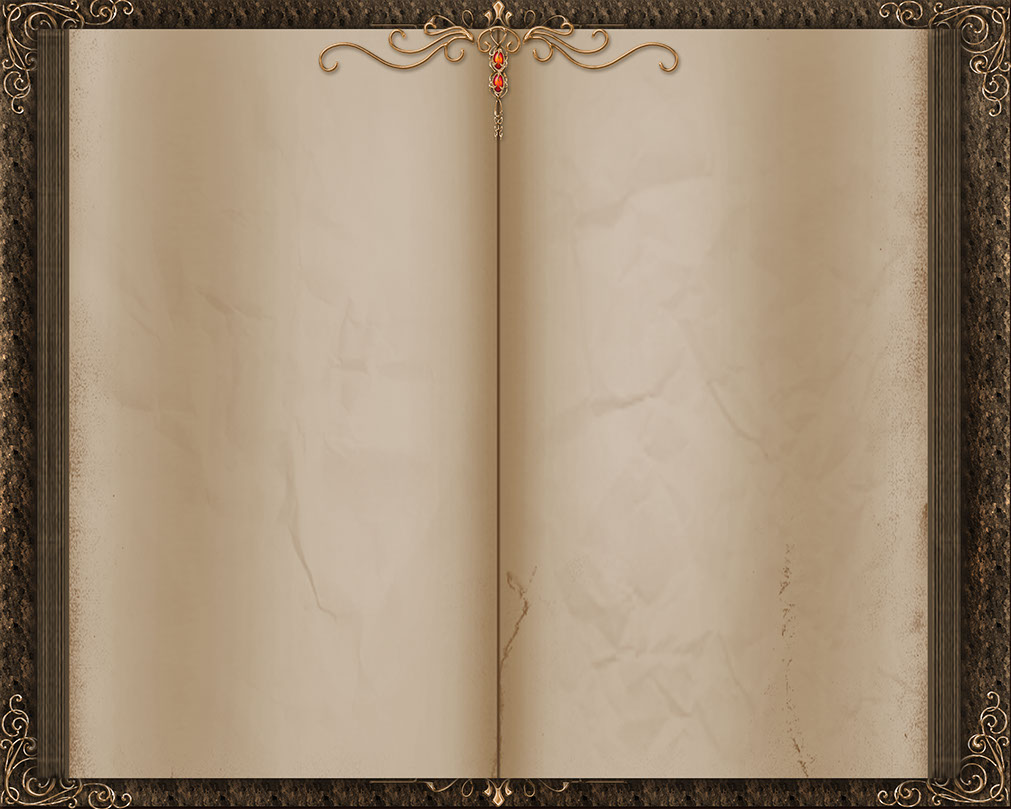
FOREWORD TO SHADOW OF DAWN
The southern mystique is a combination of character, culture, place, and heritage. In Shadow of Dawn, Debra Diaz captures the uniqueness of the South and her people in a special way.
Storytelling is an integral part of southern culture, and this spellbinding story with a couple of O. Henry-like whirligig plot developments will knock your socks off (figuratively speaking, of course). Diaz avoids both an undue glorifying of an imaginary (but unrealized) ideal, and an unseemly stereotypical condescension.
The book is set in Richmond, Virginia, during the dark period between 1861 and 1865, a period that we “Southrons” still refer to as the War for Southern Independence. However, the focus of the book is not military strategy or battle chronologies. Diaz opts rather to tell the story of an ordinary young woman whose life is impacted on several levels by the momentous clash of political ideologies and military operations.
The book’s young heroine is forced by circumstances beyond her control to interact with the cloak and dagger elements of espionage and counterespionage, which are ever-present realities during times of armed conflict.
Shadow of Dawn reminds the reader that war tends to magnify the dominant characteristics of individual lives. The virtue of the noble looms larger than life, and the
vices of the ignoble abound until licentiousness consumes constraint. The book’s hero and heroine ideally exemplify those noble Southerners who committed themselves to the struggle for independence with resolve to the bitter end. Other characters typify those Southerners who were so self-absorbed they either made no contribution to the war effort, or became subversive and mercenary in hopes of personal profit.
Diaz also rightly reminds the reader that when southern men marched off to war, southern women did their part, too. They kept the home fires burning. They nursed the wounded. And on occasion they actively engaged in espionage. During trying times, they struggled and
succeeded in attaining the best degree of normalcy they could. And when the story of the war would be told, the recounting is complete only when the saga of their efforts and exploits holds the prominent place it deserves.
The story told herein is so believable the reader can easily imagine Diaz’s heroine years after the book ends with a gaggle of giggling, big-eyed grandchildren sitting around her feet. Their little faces would be upturned and intent as they listen to their grandmother spin yarns of days long gone and the things she and their grandfather did during the war. More than being entertained, they would thus absorb the essence of what being southern really is.
The reader who seeks an honest, entertaining, grippingly suspenseful, historical novel that exalts southern ladies, life, and literature need look no further than the pages of Shadow of Dawn.
Michael Warren, Ph.D.
Editor, The Rebel Yell Newsletter; Civil War battle re-enactor with the Fifth Mississippi Dismounted Cavalry, CSA; Second Brigade Executive Councilman, Mississippi Division, Sons of Confederate Veterans; Confederate re-enactor in three films: Sabers of Courage, July, and
Reckoning Day. (2003)
Return to list of links
For Readers
home
personal interest
Copyright © 2023 Debra Diaz



